ATG Ingeniería's equipment for the control of Tuta absoluta, Biocaptur, has been certified by the CAAE as an input for organic production and is currently the only product of its class to have obtained this certification.

"Biocaptur's light technology is bringing a new era in pest control in agriculture," says Antonio Tortosa, "and increasingly more producers, not only in Spain, are implementing it in their greenhouses. For example, it has been introduced in the Netherlands, where we are working with tomato and ornamental plant greenhouses. To be more specific, the ornamentals company is using Biocaptur to control a pest of the nocturnal Lepidoptera family, to which the Tuta also belongs."
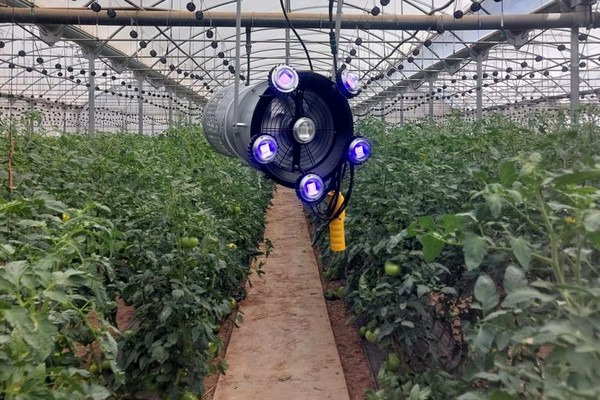
Tuta absoluta is considered one of the most devastating pests for tomato crops. Its voracity, its high reproductive potential and the fact that plants can be infested at any stage of development, makes it necessary to implement control measures from the moment it is detected in the greenhouse, as it can cause huge yield losses and even put a sudden end to the plantations, as explained by Alberto Díaz, a tomato grower from Almeria.
"If I had taken just two weeks longer to install it, my plantation would have ended up uprooted by mid-December"
"I'm a grower and member of CASI specialized in growing RAF tomatoes, and I had never had Tuta until 3-4 seasons ago. The pest was getting worse because of the limited amount of active substances that can be used nowadays, which means we don't have totally effective solutions against Tuta, to the point that last year, in March, I had to uproot the entire plantation because of the extent to which the pest had spread."
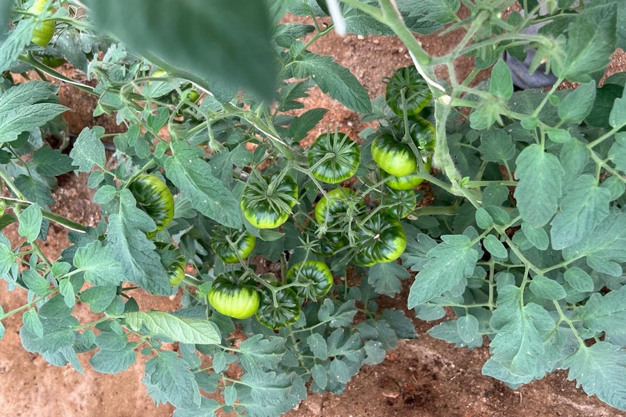
"But since the season had finished early and there was no point in me telling the bank that I had Tuta in a greenhouse in another area, I had to plant tomatoes on April 11, and this year I haven't been able to rest or have a summer vacation."
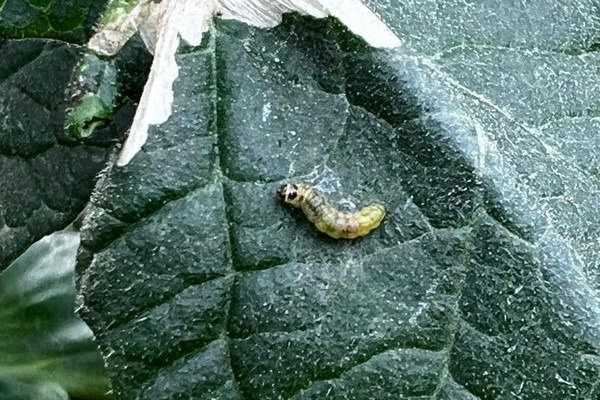
"This season, a month after planting the tomatoes, and after having solarized the RAF tomato greenhouse for 116 days, assuming that I was going to get rid of the pest, I started to see moths flying around inside the greenhouse again. Through another producer here in Almeria, I learned about Biocaptur and decided to buy 3 kits, and I am very happy that I did that in time, because I think that if I had taken just two weeks longer to install it, my plantation would have ended up uprooted by mid-December," he says.
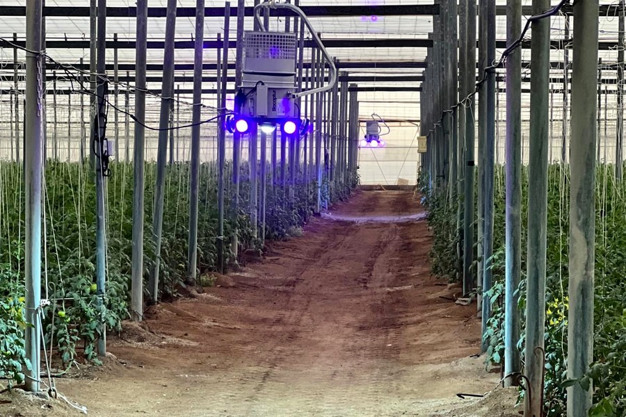
"Moreover, seeing the daily captures of moths, I became aware of the extent of the infestation in the greenhouse, and that solarization is not an effective solution, just as I thought. In my experience, this new technology has given us tomato growers a glimmer of hope against the Tuta which, due to the increasing loss of active substances and phytosanitary products, nobody was counting on any more," says Alberto.
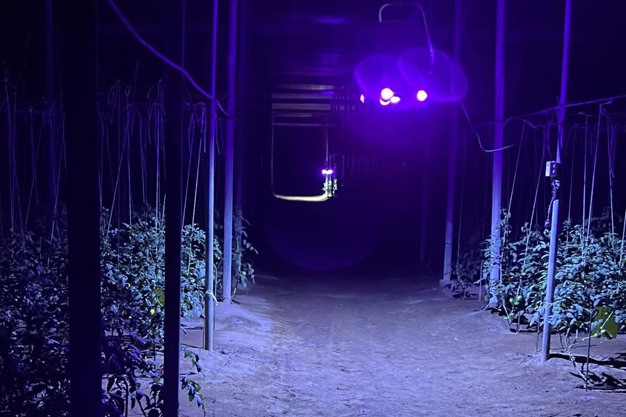
"We want to take this technology to the Canary Islands, where the Tuta has become a severe problem"
"One of the factors to bear in mind is that with temperatures above 9 degrees Celsius, the Tuta pest remains active and is tremendously effective, and that for climatic reasons and due to the internal conditions of the greenhouses, temperatures below 9 degrees are rare," says Antonio at the Biocaptur headquarters. "And from the beginning of the season this year until now, the weather conditions have been perfect for the Tuta in areas such as Almeria and Granada."
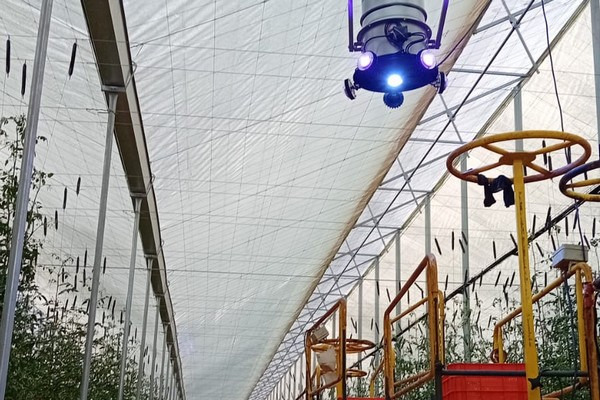
"For the area of Granada, where greenhouses are usually smaller due to the orography of the province, we have developed smaller equipment for plots with an area of 3,000 m², and we are also going to implement low-cost, self-installable solar kits for those farms that do not have electricity and automated lighting systems. In fact, these are already being tested in greenhouses in Pontevedra," says Antonio. "The Tuta is widespread throughout Spain and is even present in the Canary Islands, where it has become a severe problem, so maybe we want to bring our technology there, too."
"The goal is to help producers with an effective and long-lasting tool that can lead to an improvement in the operating costs of companies. Growers have been dealing with Tuta absoluta for many years, and it is a pity that they are still suffering losses today."
 For more information:
For more information:
Biocaptur
Tel: +34 641 517 153
[email protected]
https://biocaptur.com
